Hard vs soft water – what’s the difference?
So, what does hard and soft water mean?
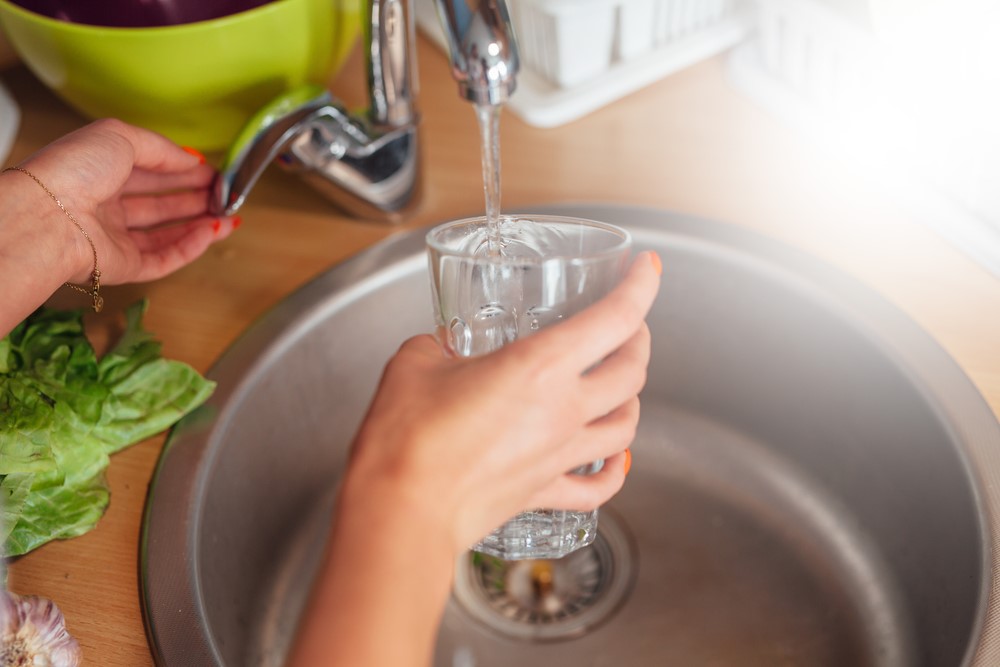
Water hardness refers to the mineral content (particularly calcium and magnesium carbonates) within the water. As water falls from the sky it is considered soft. This is because it has yet to come in contact with minerals.
As water moves through rocks and other substrates, it accumulates dissolved solids. Water that has higher than normal amounts of dissolved minerals such as calcium and magnesium is considered ‘hard’.
Basically, we define hard water as having a high mineral content, which is measured in milligrams per litre. Anything below 60mg/l is considered soft:
- soft below 60 mg/l
- moderately hard between 60 – 120 mg/l
- hard between 120 – 200 mg/l
- very hard above 200 mg/l
How does the hardness of water affect us?
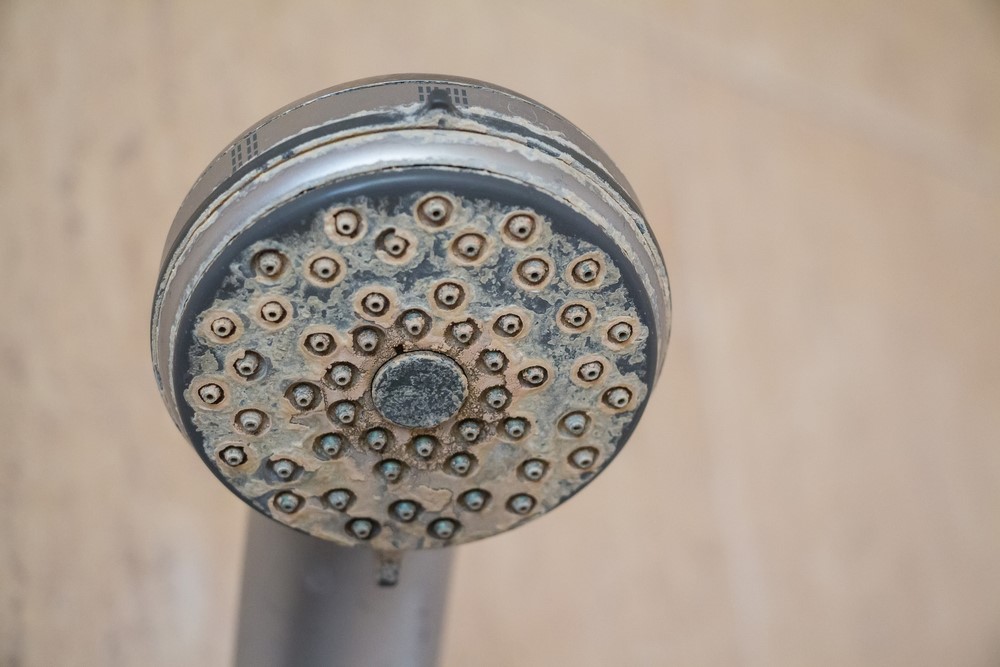
Hard water is water in its most natural state. There are differing opinions on whether hard or soft water is the healthiest for us to drink. The visible impacts of hard water in the home can be seen in limescale build up inside the plumbing system and on household appliances.
When hard water is heated, calcium deposits can form. If this builds up, it can greatly damage the performance and lifespan of your appliances such as kettles and coffee machines.
Hard water is also harder to lather so more detergent is required in washing and in the shower.
Soft water is the most common form of water in Australia. Unlike hard water, soft water is free of harsh minerals that can damage your home and your body. It increases the effectiveness of soap compared to hard water because hard water can deactivate the soap’s ingredients.

Those who suffer from eczema and psoriasis often prefer soft water because of the lower mineral count. So soft water generally means silkier hair and skin for your family.
Water hardness across Australia
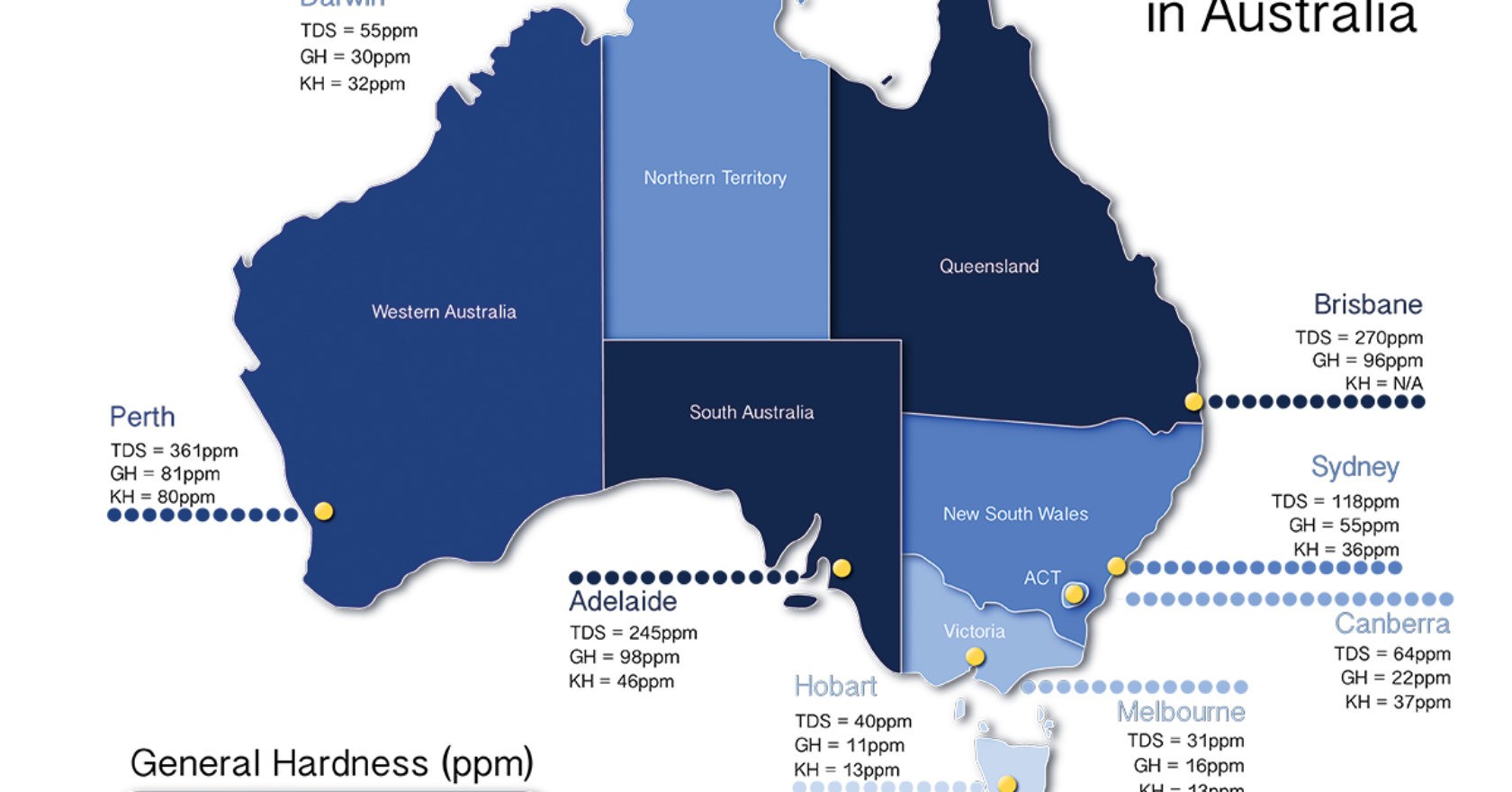
Source: www.beanscenemag.com.au
The Australian Drinking Water Guidelines dictate that drinking water must be treated to a high standard. In Sydney, 80% of water comes from Lake Burragorang at Warragamba. This water is then filtered through filtration plants, which are monitored 24/7 to ensure that water is safe to drink. Sydney Water adds fluoride and chlorine before it reaches our taps.
Whilst the quality of drinking water in Australia is highly regulated, water hardness is not. Therefore, we can see that the water’s origin across Australia plays a huge role in how hard or soft it is. Hardness comes from contact with minerals rich in calcium, magnesium and carbonates that the water passes through.
In Sydney, water is considered ‘soft’ with a hardness level of about 50mg/L. If you look at the water hardness map of Australia, Victoria and Tasmania have the softest water, while Western Australia and South Australia have some of the hardest. Between capital cities in Australia, water hardness varies dramatically. In Hobart, it is barely above 10 ppm, whilst in Brisbane and Adelaide it reaches nearly 100 ppm.
Which is better for you?

The jury is still out on this one. Many people advocate for hard water because it contains essential minerals and nutrients such as magnesium and calcium. However, hard water is linked to kidney stones and makes hair and skin dry.
Your best option, whether the water in your area is hard or soft, is to install a home water filter system. All our filters remove contaminants such as dust, dirt, rust and cysts (giardia and cryptosporidium). These affect not only the taste but also the odour and colour of your water. Our filters then remove chlorine and limescale, so your skin and household appliances will thank you.
The best news is our filters leave all the good minerals in the water. This is because fluoride, calcium, magnesium and sodium are all dissolved minerals with the same consistency as water, so they simply pass through our filters.
Learn more about WFA’s water filter systems.
Winter dehydration – spot the signs
Dehydration actually increases in winter months
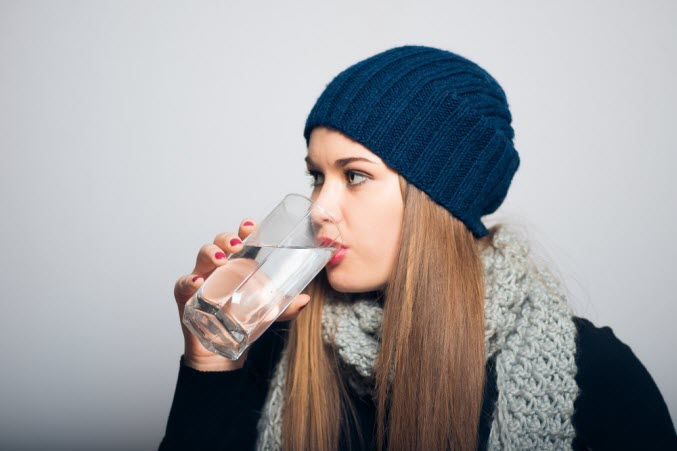
It doesn’t make sense, but it’s true… you are more likely to become dehydrated during winter. In cold weather, the body’s thirst response diminishes by up to 40%, even when you are dehydrated.
The reason we are less thirsty is because our blood vessels constrict when we’re cold. This prevents blood from flowing to our extremities (hands and feet). The body works harder to maintain the body’s core temperature than maintain fluid balance when it’s cold. Therefore, the body is fooled into thinking it’s properly hydrated.
In addition, our body doesn’t signal to our kidneys to conserve water and therefore urine production increases. Your body requires you to drink more during this time to prevent a cold-induced condition called cold diuresis.
The symptoms of winter dehydration

The symptoms of dehydration might be harder to detect in winter. However, if you listen to your body, you should be able to notice the signs:
- Increased thirst
- Dark coloured urine
- Infrequent urination
- Fatigue
- Dizziness
- Lack of sweat, despite physical activity
Look out for the signs of severe dehydration, as reported in the Ithaca Journal:
“Severe dehydration is a medical emergency and can cause extreme thirst, extreme fussiness or sleepiness in infants and children; irritability and confusion in adults, little or no urination — any urine that is produced will be darker than normal, sunken eyes, shrivelled and dry skin that lacks elasticity and doesn’t ‘bounce back’ when pinched into a fold and feeling faint or passing out when rising from lying to sitting or from sitting to standing.”
Tips for staying hydrated in winter
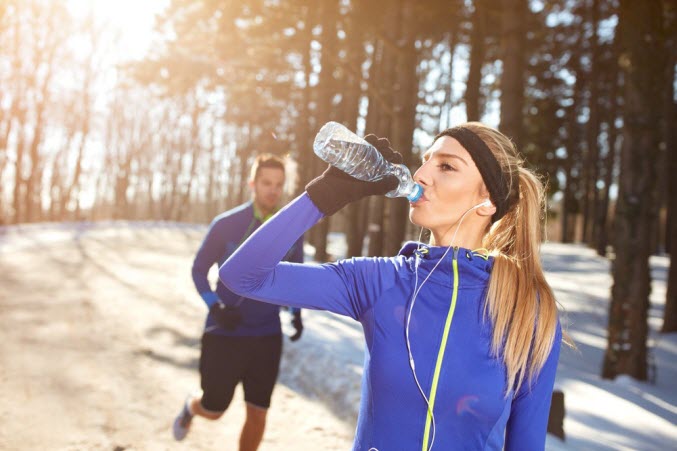
During winter, it doesn’t matter if it’s hot or cold, you should just aim to drink more liquids. If you can, drink herbal tea instead of tea or coffee, as these can act as a diuretic. Filtered water is always the best option for your family.
Nutrient Reference Values Australia advises that adult men should drink 2.6 litres of water per day (about 10 cups) and adult women should drink 2.1 litres per day (about eight cups). Source https://www.nrv.gov.au/nutrients/water
Track fluid intake using an app
A great way to ensure you are drinking enough fluid throughout the year is to track it on an app. We recently reviewed and recommended the best apps to track your water intake. These four great apps are sure to keep you on track during the winter months.
Eat more water based foods
Did you know that you can stay hydrated from increasing the amount of fruits and vegetables in your diet? They offer a natural source of water, along with valuable vitamins and minerals.
Soup is also a hydrating food and great for those cold winter months. Add some vegetables and protein for a nutritious meal.
Drink before, during and after exercise
It seems obvious; however, you probably won’t feel like drinking much before you exercise in winter. The easiest way to stay hydrated during exercise is to make sure you carry a reusable water bottle with filtered tap water wherever you go.
Winter is a great time to invest in a home water filter system. Filtered water is the best option to ensure your family stays hydrated during the winter months.
Browse our water filter systems online today or contact our customer service team to discuss your water filtration needs.

